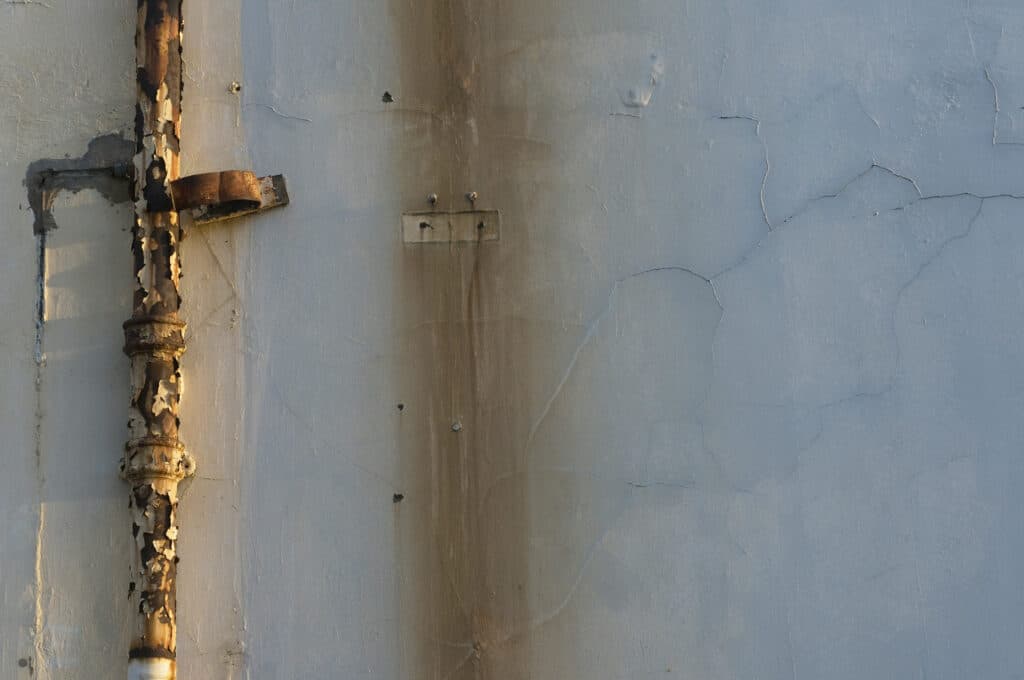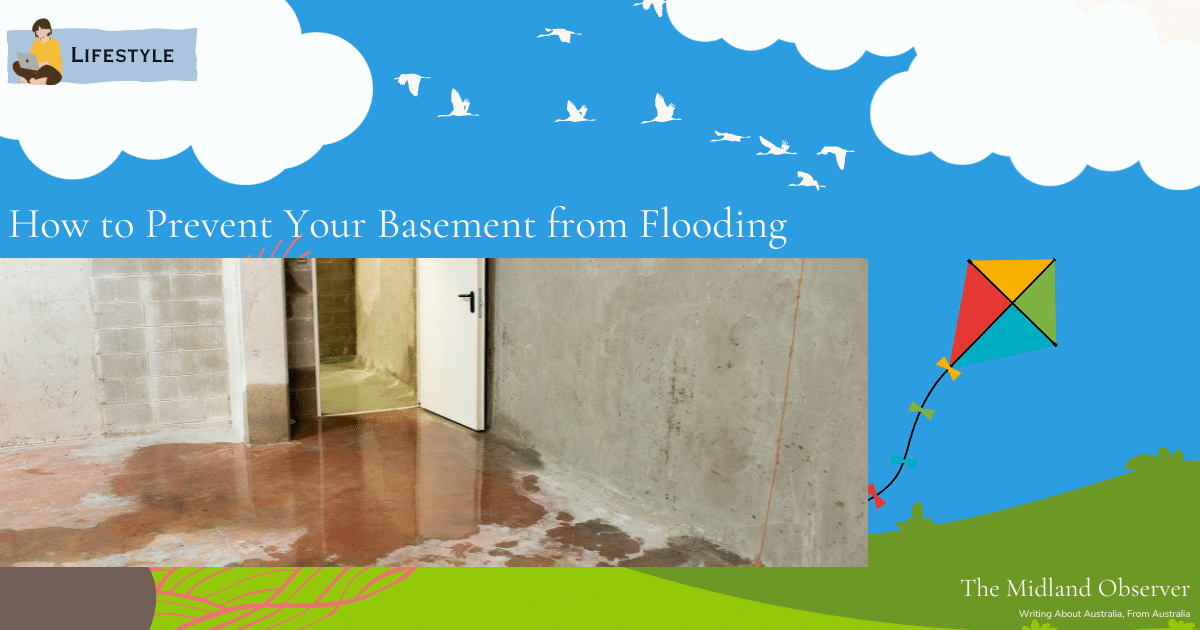Are you being plagued by water flooding your basement floor and no matter how often you get out the wet vac, it just keeps coming back? It isn’t readily apparent where all that water is coming from, but obviously it is coming from somewhere or it wouldn’t be there.
So how can you diagnose the source and then after making necessary repairs, how can you prevent your basement from flooding again in the future? After all, the largest source of flooding may not be your only source.
DIY vs. Professional Services

One of the main reasons why so many homeowners have taken to DIY repairs and preventative measures is the oftentimes high cost of hiring a professional tradesman. While many DIY repairs can be completed easily and effectively, some really do require a licensed professional.
A flood in your basement may be one of those times. First check out common causes on theplumbinginfo.com, then if you still can’t get results, look through listings of plumbers to see if there is a reputable one in your area.
A Look at Common Causes
Before actually looking for the most common causes of flooding in your basement, understand that by the very nature of what it is and where it is located, your basement will be more prone to flooding than any other area of your home. Why?
Water Moves with Gravity
Remember, your basement is either all, or in part, underground and as such, the lowest level of your home. Water drains with the flow of gravity so if there are any large foundation cracks clear through to the outside, you will be susceptible to flooding in rainy weather or in the spring when snows melt.
Cracks in Pipes

There are actually two types of pipes you are concerned with, those carrying water in and those draining water out to city or septic lines. Pipes will generally crack or leak for two main reasons – freezing in the winter or age-related rust and rot. Finding a leaky pipe may require the services of a plumber.
Faulty Drainage Failure

This is one of the easiest ‘fixes’ you can make. By remembering that your basement is largely underground, it is imperative that you make sure to keep ground water moving away from your home. This might mean a bit of labor outdoors as you grade the ground to drain away from your home.
If you have a sump pump in the basement, inspect it regularly to ensure it is operational and that all lines running from the pump are free and clear. Clogged drainage lines can cause the water being pumped to backflow into your basement.
Prevention on a Regular Basis
Even if you don’t have a problem with flooding at the moment, there is always tomorrow. You never know when you might walk downstairs for a tool or some fruit you’ve stored in the cool basement only to find yourself ankle-deep in water.
By doing an inspection of all the areas in which flooding can occur, you can often prevent your basement from flooding when it’s at the ‘tiny trickle’ stage. Remember to keep all pipes and pumps in good repair, grade the outside ground away from your home and work towards avoiding freezing pipes which can burst in winter months.
Regular inspections are the best prevention, so make your checklist today to avoid flooding in your basement tomorrow.






